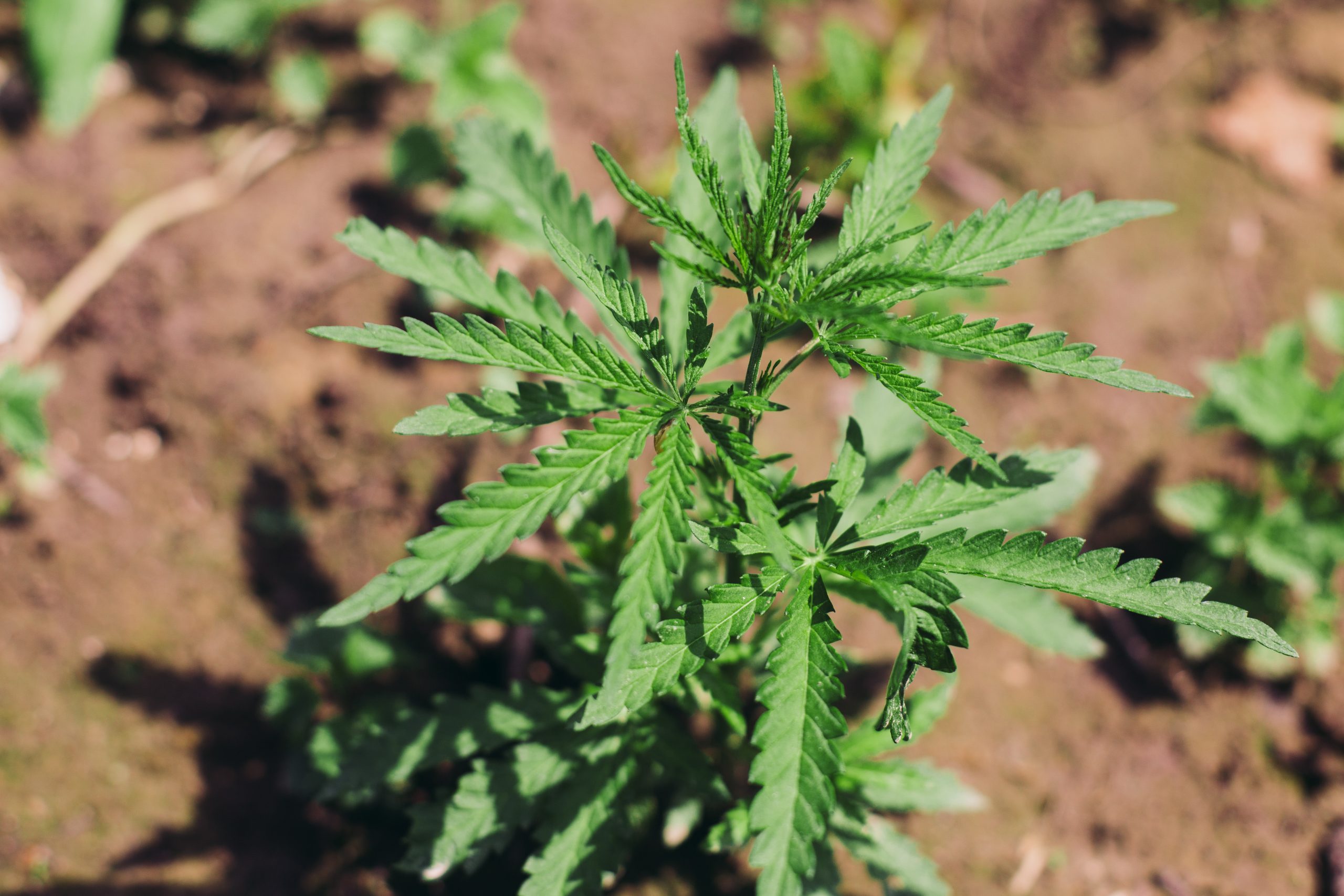
Vermont has officially become the 11th state to legalize adult-use cannabis sales.
Last month, the Vermont Senate cast a final vote (23-6) in favor of S.54, which would legalize, regulate and tax cannabis while prioritizing licensing for small scale-cultivators and minority-owned businesses. 
This week, Republican Governor Phil Scott announced that he will permit the bill to become a law without his signature, officially establishing rules and regulations over the production and retail sales of cannabis.
Cannabis possession has been legal in Vermont since the passage of H. 511 in 2018. However, this bill did not allow for commercial activities such as production or sales.
While legislation is set to take effect this month, state regulators have until October 2022 to begin issuing retail licenses. Thus, it’s likely that we won’t see legal cannabis sales occur for some time.
In addition to Vermont’s 6% sales tax, retail products will be subject to a 14% tax under Senate Bill 53. Flower products will have a THC cap of 30%, while concentrates will be limited to 60%. As in many other states, all products are prohibited from being packaged in a way that is appealing to children.
According to VT Digger, Gov. Scott has also signed separate legislation, S.234, which would automatically expunge over 10,000 low-level cannabis convictions and decriminalize possession of amounts that modestly exceed the limit.
Laura Subin, director of the Vermont Coalition to Regulate Marijuana, noted the importance of Gov. Scott’s approval in a statement last week:
“If Governor Scott signs [S. 54 and S.234], Vermont will take the next critical steps towards truly fair and sensible cannabis policy. Tens of thousands of individuals — disproportionately Black and Brown people — will no longer bear the burden of criminal convictions for possessing small amounts of cannabis. Patients and adult consumers will be able to purchase cannabis that has been independently lab tested. There will be license priorities for minority- and women-owned businesses and small farmers, and the state will be required to promote participation in the emerging industry for those who have been most harmed by cannabis prohibition. Now is the time for Vermont to move forward.”
While Scott did voice his concerns regarding the sales legislation, he ultimately concluded the legislature could tweak it even after it becomes a law in the upcoming 2021 session.
“There is still more work to be done to ensure the health and safety of our kids and the safety of our roadways — we should heed the public health and safety lessons of tobacco and alcohol,” he wrote in a letter to Secretary of the Senate, John Bloomer, Jr. “Further, I believe we are at a pivotal moment in our nation’s history which requires us to address systemic racism in our governmental institutions. We must take additional steps to ensure equity is a foundational principle in a new market.”
Written by Rita Thompson



Leave a Reply